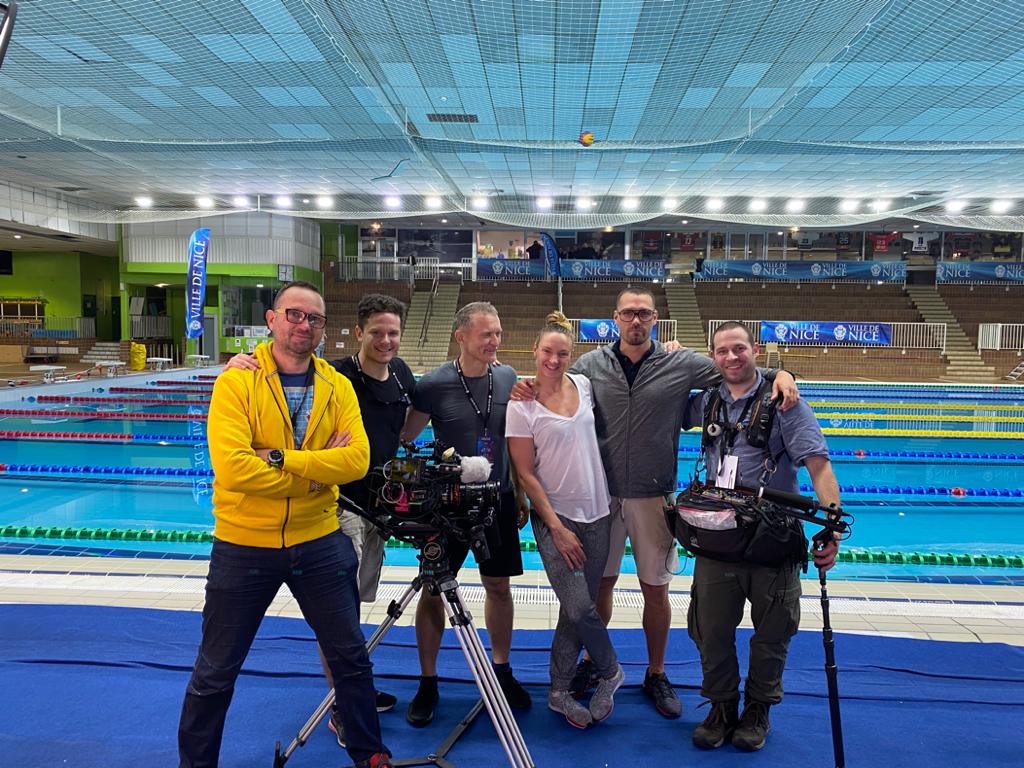This summer’s FINA World Swimming Championships in Budapest will surely be the swansong for three-time Olympic champion Katinka Hosszú. Last year in Tokyo, she competed at her fifth Games, an incredible feat in itself, usually reserved for those involved in more leisurely pursuits such as sailing and equestrianism. In the brutal world of competitive swimming, it’s almost unheard of.
Over the course of those two decades, Hosszú trained at the University of Southern California, became the first swimmer to earn $1 million in prize money, married her then coach, American Shane Tusup, won those three golds, formed her own professional swimming team here in Budapest and became known and branded as the Iron Lady.
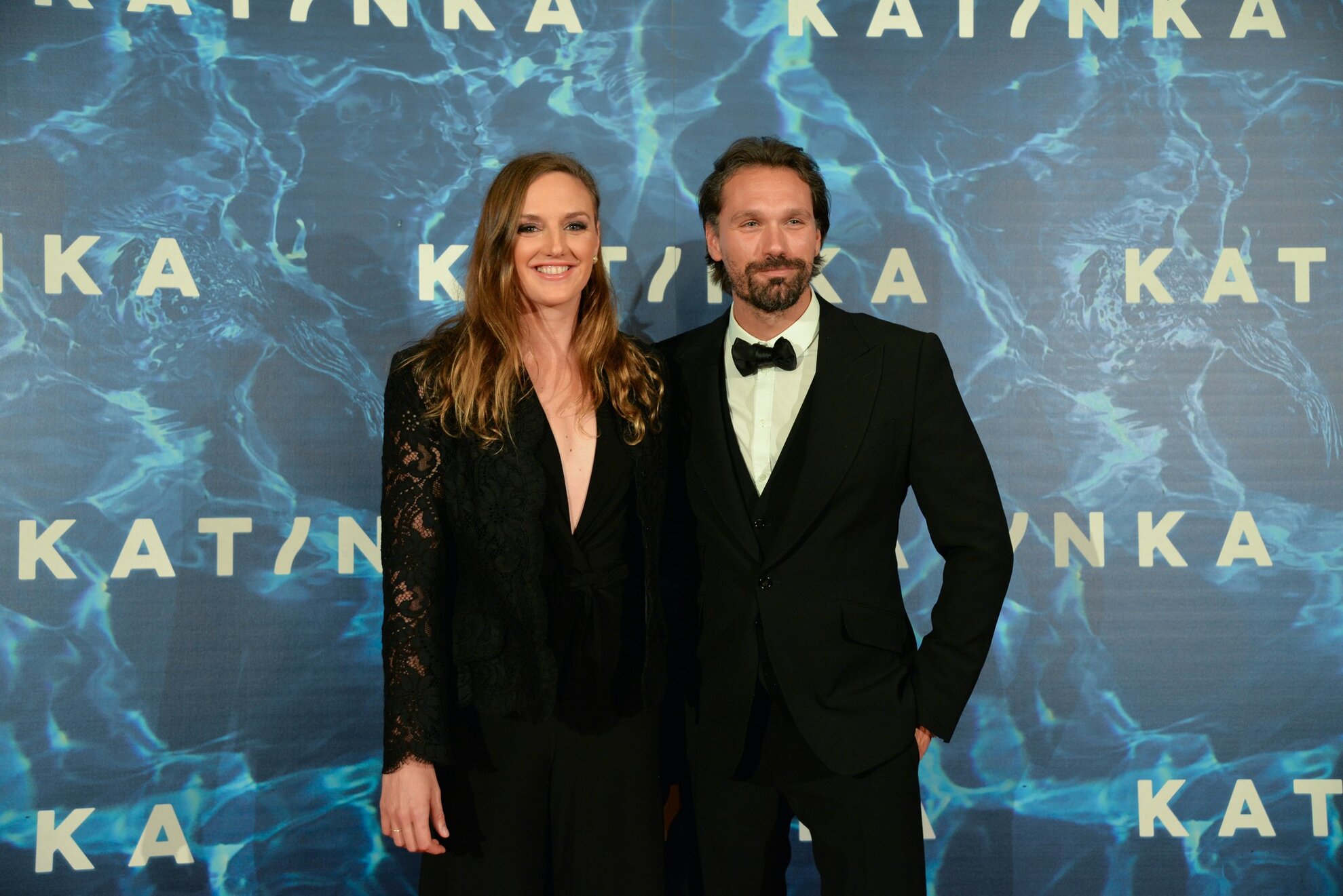
So far, so decorated. Whether this makes for a movie that will fill halls and screens across the US, UK and elsewhere – as, say, Maradona has – is more uncertain. Currently there is no English-friendly version, just snippets of dialogue from her USC coaches in the States, though none from Tusup in person, from whom Hosszú divorced in 2019.
“A lot of invitations were sent out to him to speak in the film,” said Hosszú after the screening. “He declined.” He was, however, in the words of its producer Tamás Lajos, “generous” in agreeing to the use of archive footage, in which the American appears quite often. It’s then that we see how the couple seemed to live in their own bubble of fanatical training and Olympic glory, Tusup exhorting, Hosszú winning.
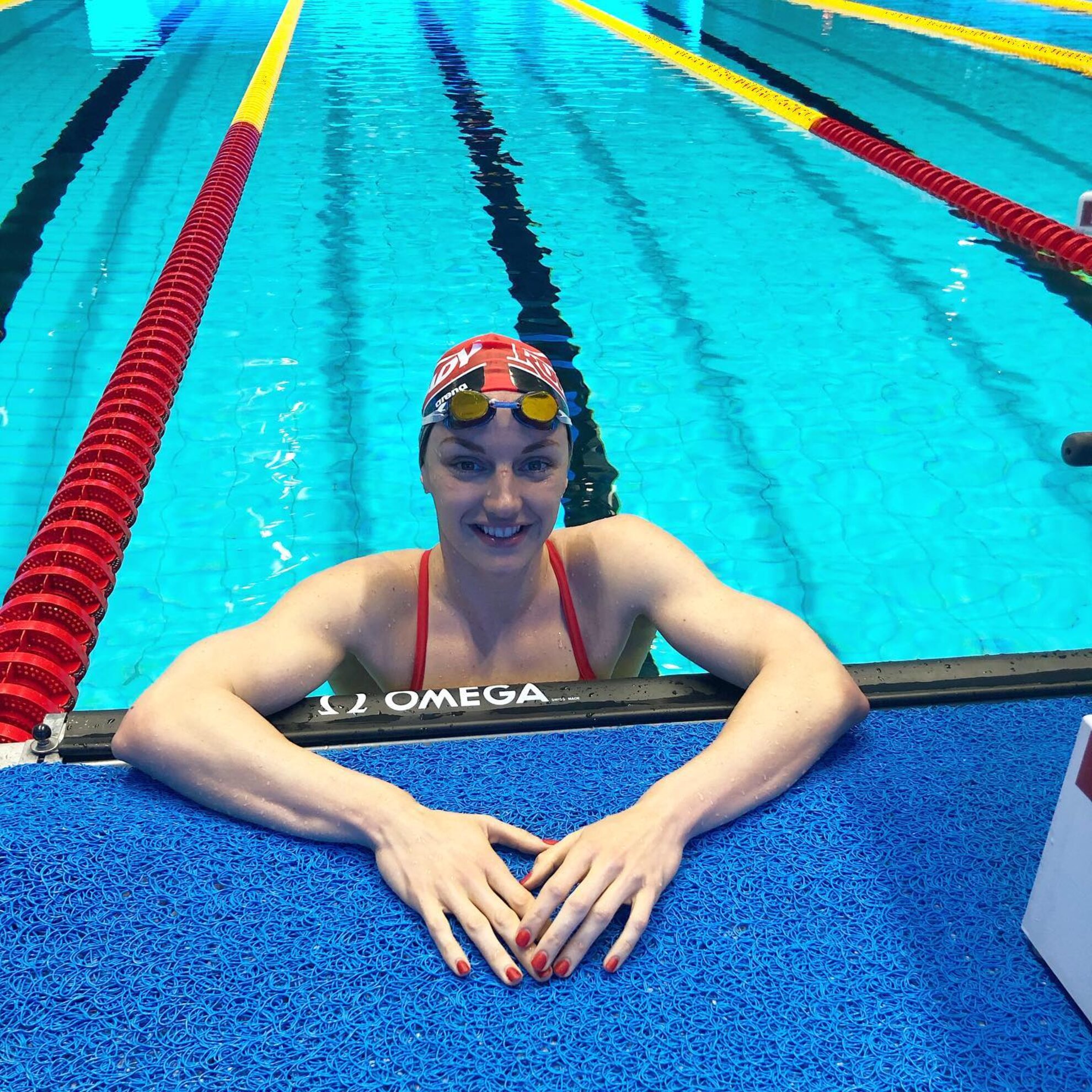
For Hungarians, this aspect holds the most fascination, partly because
of the scandal that surrounded the break-up, partly because Tusup is still very
much here, on magazine covers and ever present on social media at events across
Hungary.
Mainly, though, they want to find out how a brash, tattooed American stole
the mantle of the old-school Hungarian coaches of yore, the likes of Tamás Széchy
and the later disgraced László Kiss, not the kind of men to leap up, high five
and yelp ‘AWESOME!!’. This is a nation raised on solid Olympian achievements in
swimming, from the gold of Alfréd Hajós at the inaugural Games in 1896 to the stars
of Barcelona ’92 and beyond. Like the Rubik’s Cube and the telephone exchange,
it’s something Hungarians feel is theirs.
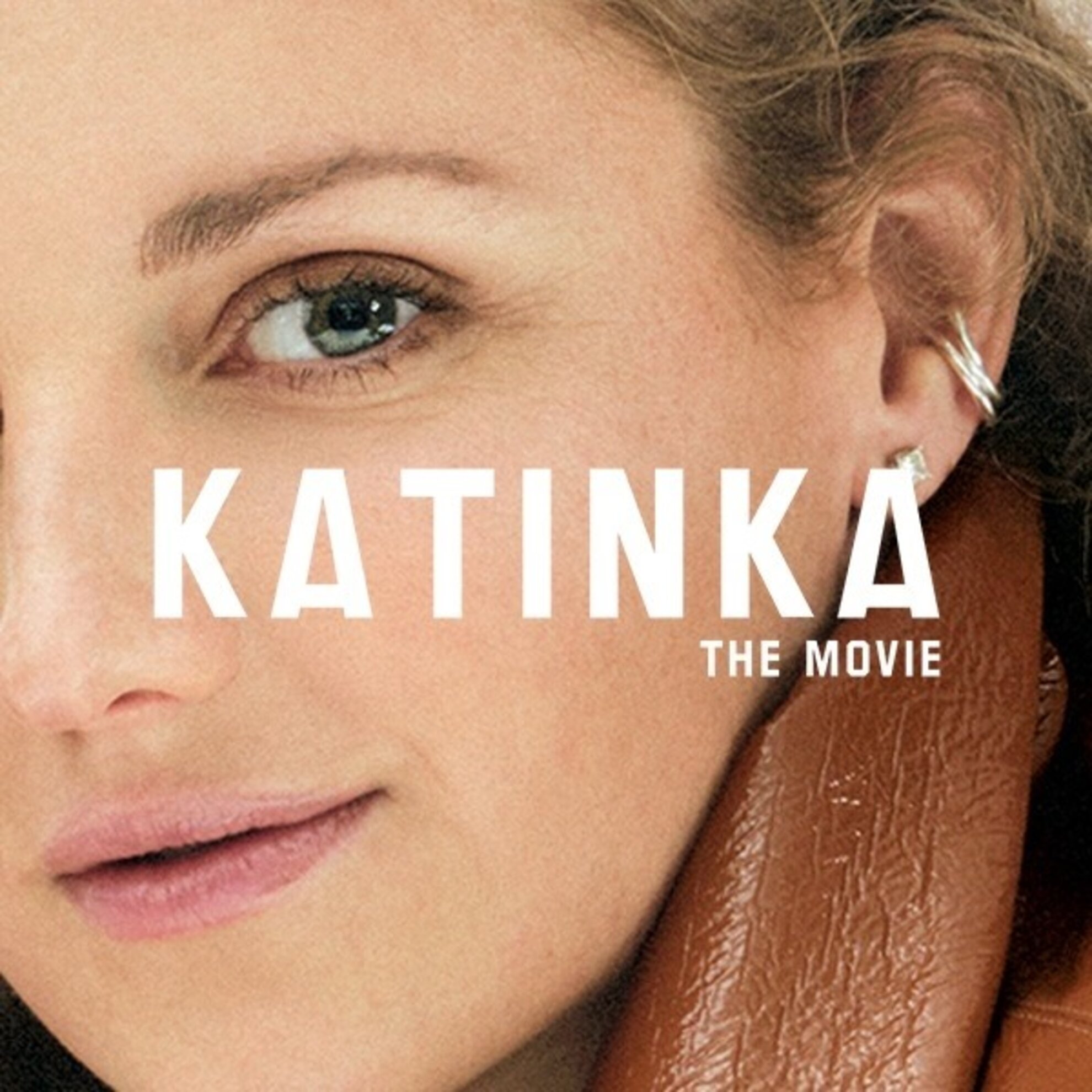
For non-Magyars, once Katinka is customised for English-speaking viewers, this window into her world is an enthralling one. The battles here are all personal – there’s no brutal full-back to chop her knees, no heavyweight intent on punching her lights out. Just her, the water and the clock.
The other opponent, of course, in the build-up to her last Olympics around which the film is posited, was Covid. As its creative producer Norbert Köbli explained to the gathered press at the Uránia National Film Theatre, “What we saw as our bad luck eventually made the film more interesting, and I was rubbing my palms for that kind of drama!”
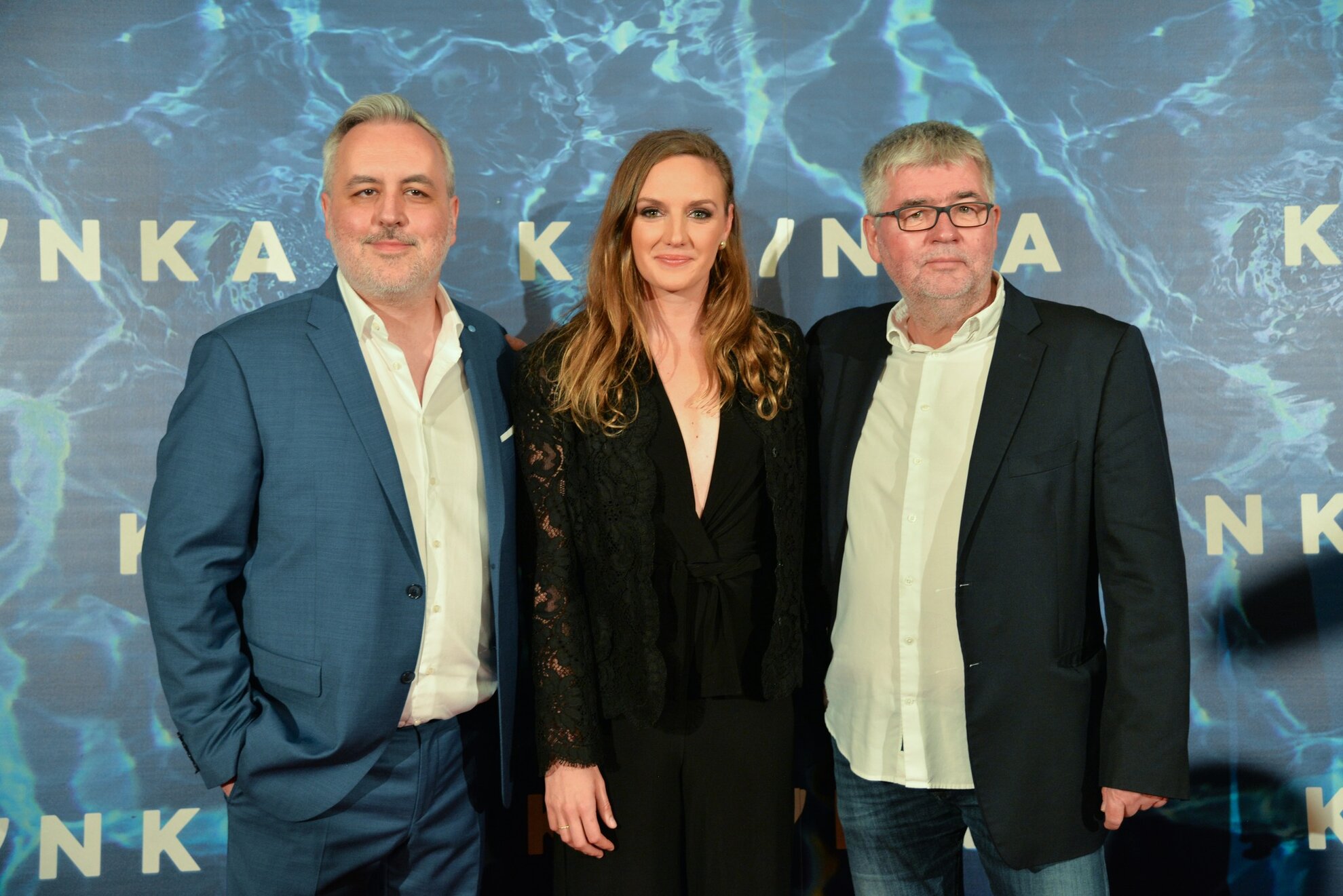
On the surface, lockdown for Hosszú was pretty much the same as for everyone else, days mushing into one another and sharing this experience with her peers by tablet screen, but the lack of intensive training eventually counts against her in Tokyo.
The window of opportunity that summer, however, did give the crew the
chance to fly out to LA and film Hosszú hooking up with her old coaches and
teammates at the University of Southern California.
When asked at the press
screening what America gave her that Hungary couldn’t, the greatest swimmer of
her generation was succinct: “Self-confidence”. Her family and friends in Baja,
where Hosszú grew up, could cocoon a young girl in love and affection but they could
never throw her into the deep end on the other side of the world and say, “Now
swim!”
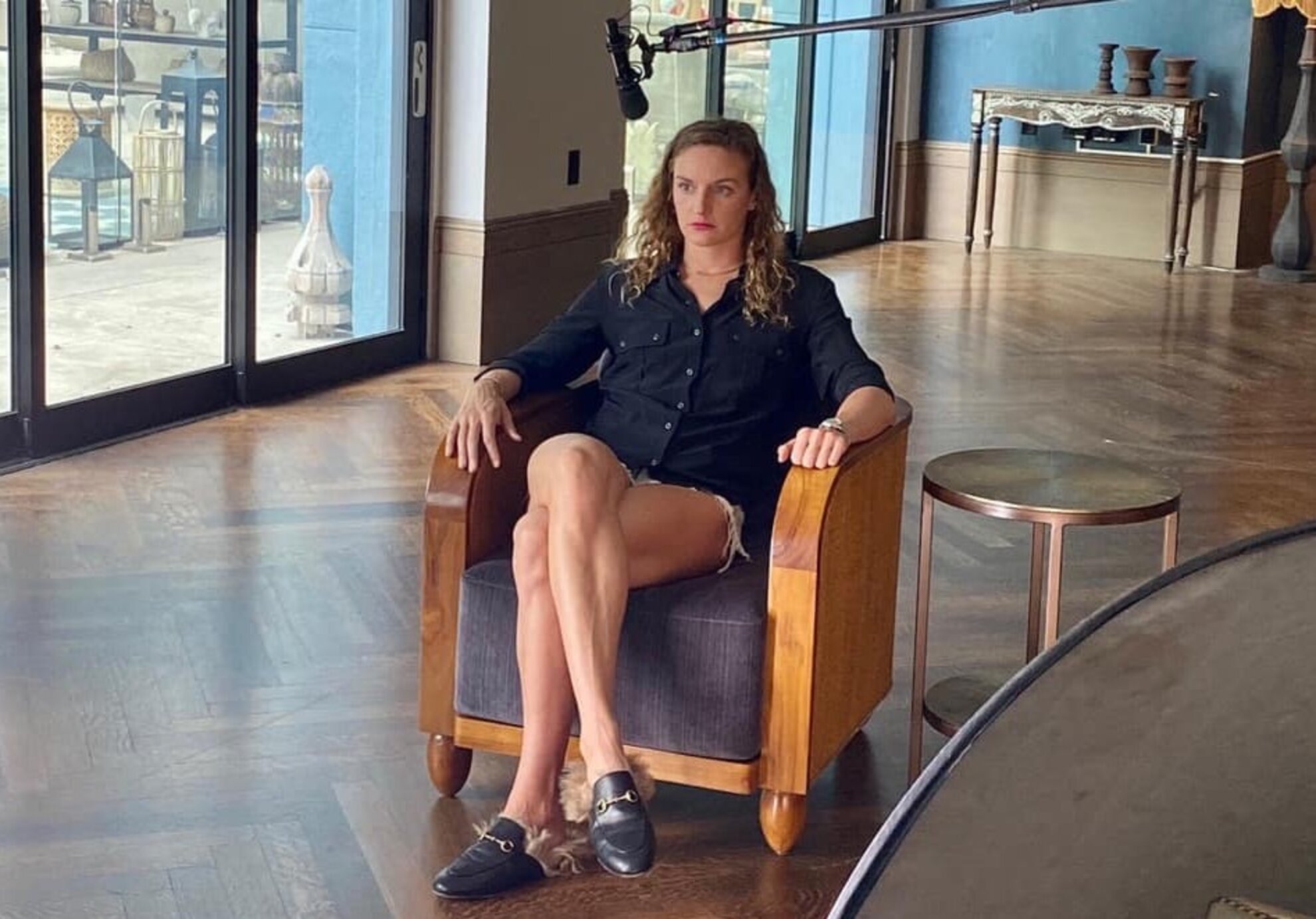
While James Bondesque in its settings – swimming meets and training
sessions from Cape Town to Tenerife – Katinka focuses on two key locations,
Hungary and California.
Here, among the varied cast of fellow swimmers and schoolfriends
she left trailing in her wake, we stumble upon the two sweethearts in the pack. Older men
with a lifetime of experience in sport, Dave Salo and László Bakos represent
the two platforms upon which so many swimming achievements have been accomplished in each
nation: collegiate excellence and grandparents.
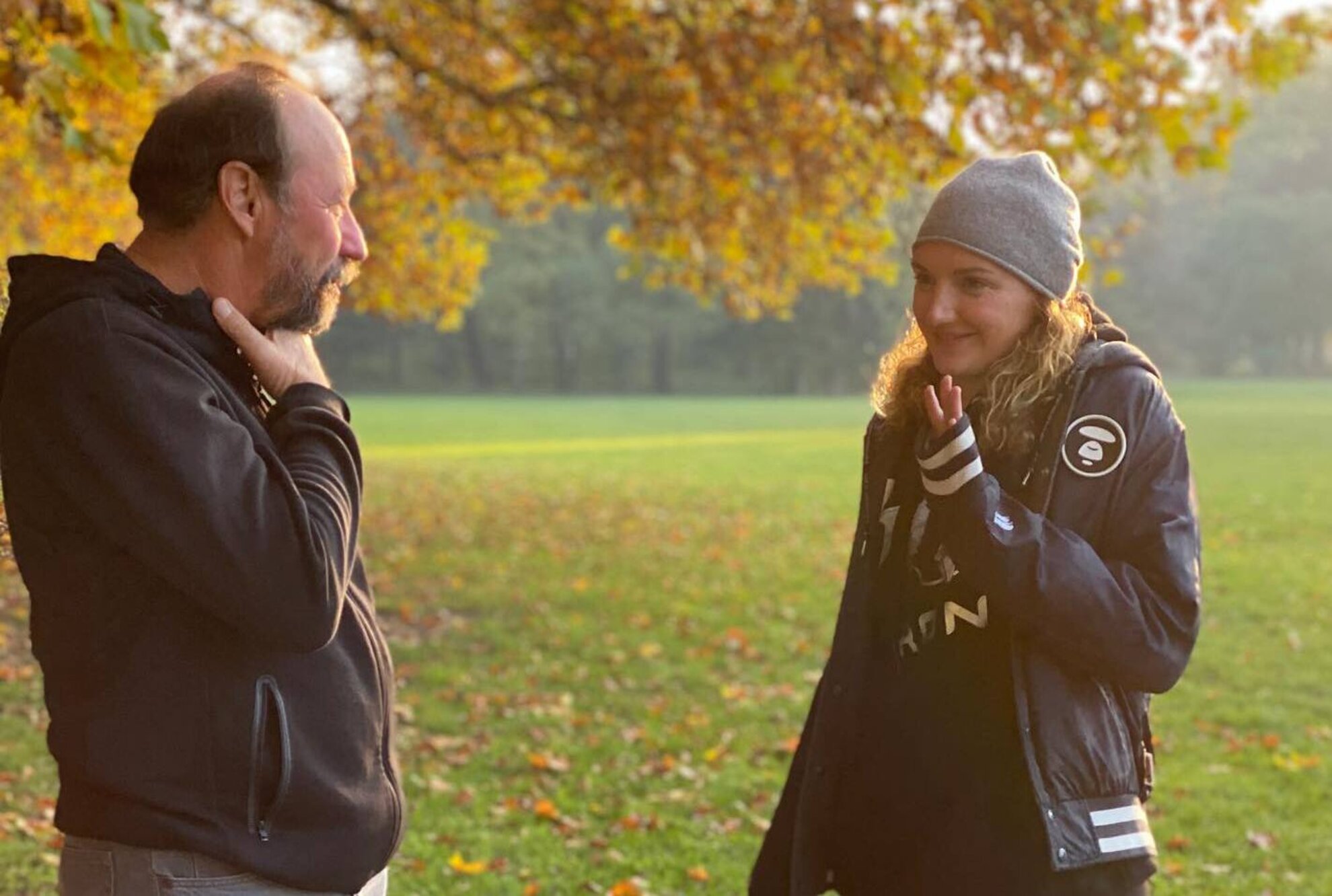
While Salo’s kind and wise approach has paid off for America at three Olympic Games, Bakos nurtured his beloved granddaughter at school competitions across Hungary, he logging times in notebooks he still keeps, she collecting medals and trophies.
Salo is seen in typically generous mode for the film interview as Hosszú looks back on her time at USC pre-Tussup. Bakos, meanwhile, appears in his natural habitat, the timeless Hungary of lazy riverbanks and beer-bellied fishermen as he takes Katinka out on his boat, the calming ripples of the Danube reverberating around them.
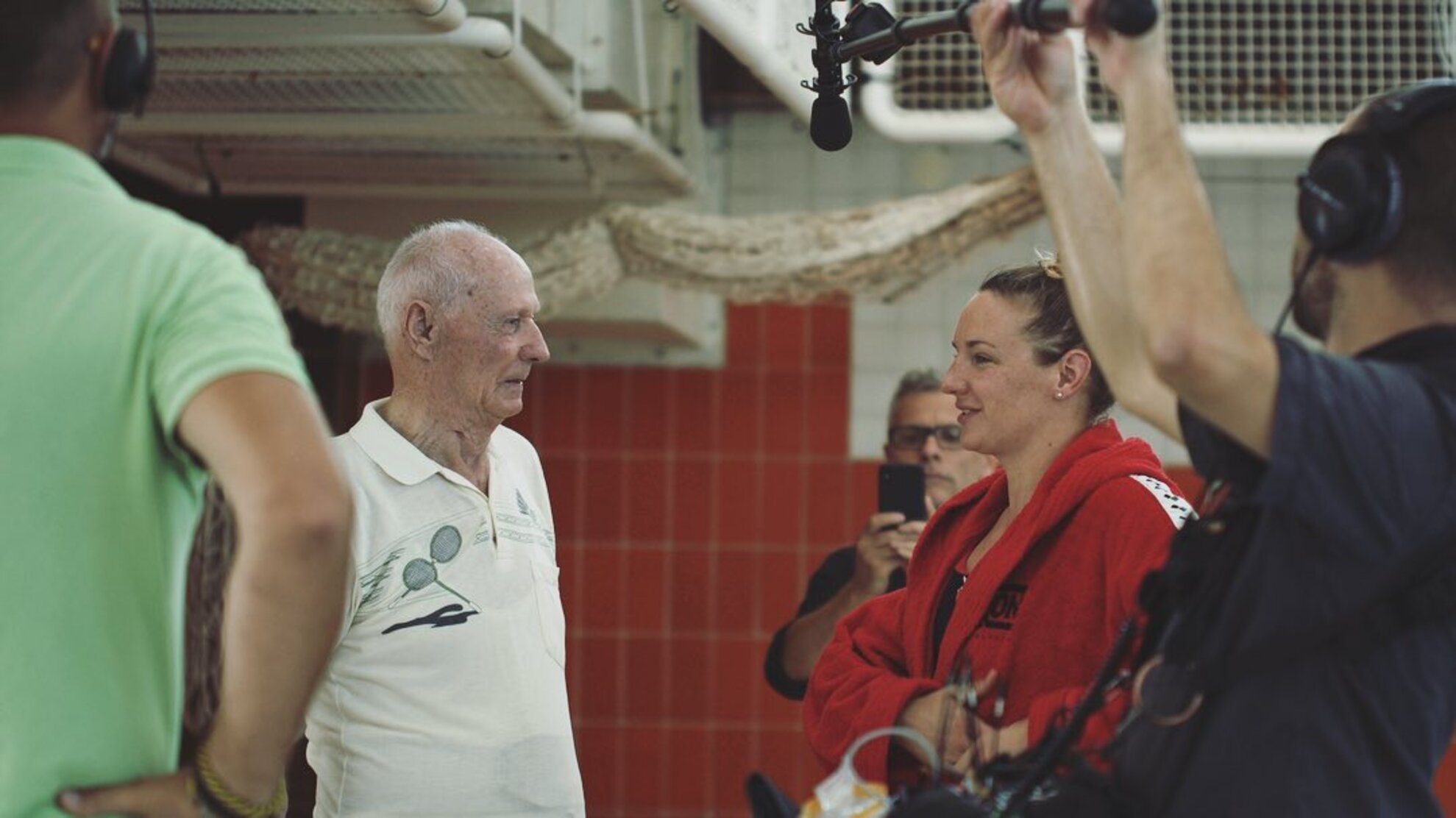
For Hosszú to disappear into the sunset, literally, with her latest beefcake
she will soon marry, the story arc now complete, she needed the love, support and
advice of these two figures.
It makes for a warmer, deeper film than the frenzied
equations of training and racing might first suggest. Whether it will resonate enough
beyond Hungary is the next challenge.
Katinka
Facebook
In Hungarian cinemas from 12 May
